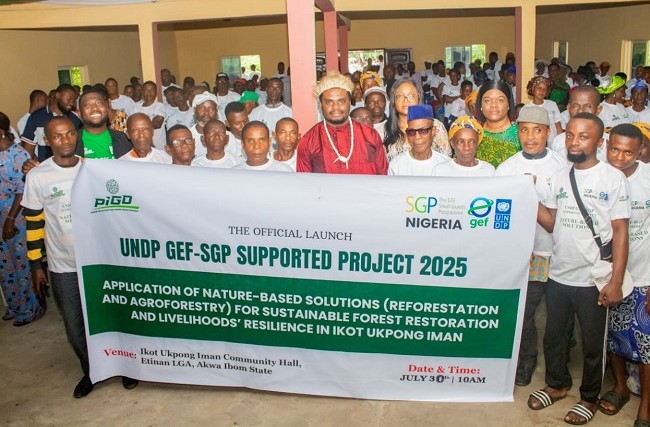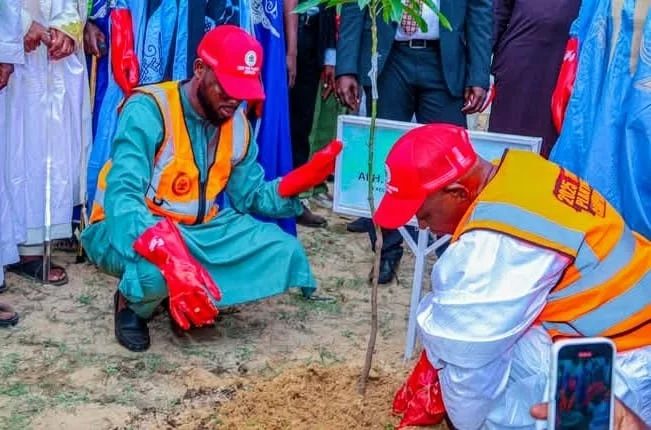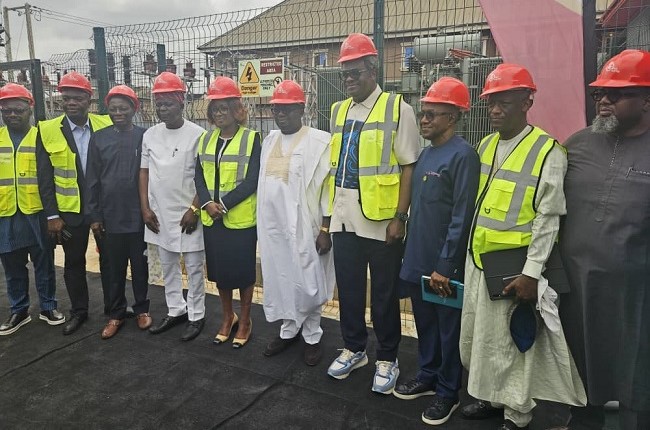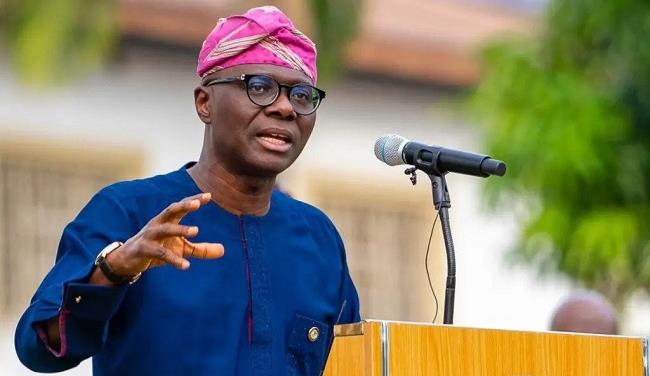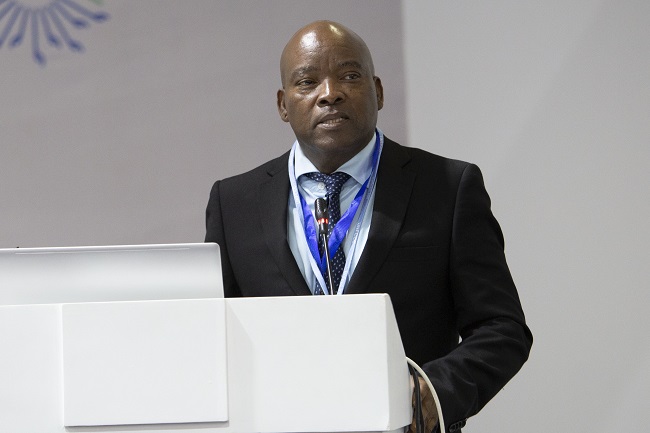As deforestation, poaching, and human encroachment threaten Nigeria’s remaining forest reserves, conservationists are calling for stronger support systems for the country’s forest rangers – those on the frontlines of environmental protection.
One such voice is Emmanuel Olabode, Project Manager of the Nigerian Conservation Foundation’s (NCF) Omo Forest Elephant Initiative.
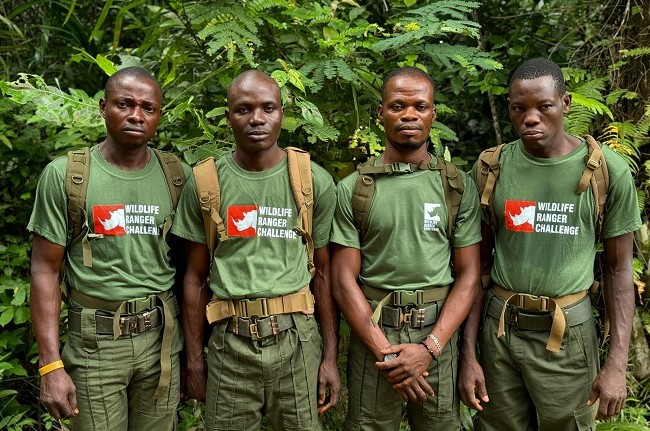
Speaking during the 2025 World Ranger Day commemorations, Olabode emphasised that training, re-training, motivation, and mental health support are essential to protect Nigeria’s most ecologically valuable forests.
“We’re down to just 40% of our natural forest reserves,” Olabode warned. “If our rangers aren’t empowered, we risk losing even more.”
Rangers Under Fire: The Risks on the Frontline
Omo Forest Reserve, located in Ogun State, is one of Nigeria’s most important conservation areas. It is home to some of the last populations of forest elephants, chimpanzees, white-throated guenons, African grey parrots, and endangered tree species.
But protecting this vast terrain comes at a high cost. Rangers patrol for hours daily – under harsh sun and through intense rains – navigating dangerous wildlife and confronting illegal loggers, poachers, and encroaching farmers.
“These are people who are trying to open new farmland or settle illegally,” Olabode said. “Sometimes they confront rangers violently.”
Rangers are also subject to human-wildlife conflicts, including venomous snakes, buffaloes, and scorpions. But beyond physical risks, the emotional toll is often ignored.
“They spend weeks in the forest without seeing their families,” he explained. “The emotional and mental stress is real, and we need to acknowledge it.”
Why Capacity Building Matters
For Olabode, the solution lies in structured capacity building.
His call is backed by Gbenga Oladeinde, Director of Forestry at the Ogun State Forestry Plantation Project, who described Omo Forest as a “blessing to mankind that must be managed sustainably.”
A Call to Collective Responsibility
Oladeinde emphasised that managing forest reserves cannot be left to rangers alone.
Clifford Omonu, Manager of Omo Nature Reserve, echoed this sentiment, praising rangers for what he called a “yeoman’s job”.
Why Omo Forest Matters
The Omo Forest Reserve isn’t just another green patch – it’s one of the few remaining biodiversity hotspots in Nigeria:
● Forest elephants – population declined by over 60% between 2002 and 2013 due to poaching.
● White-throated guenons, and white-bellied pangolins – all species of global conservation concern.
● Endemic trees like Milicia excelsa (Iroko), Cola nigerica, Khaya senegalensis (African mahogany), and Diospyros crassiflora (Ebony) are now restricted to isolated forest pocket
The Path Forward
To secure Nigeria’s forests for the next generation, conservation leaders are urging: increased funding for ranger training and welfare, collaborative forest management involving local communities and multiple agencies, legal and policy frameworks that reinforce ranger protection and support, greater public awareness on the ecological value of forest reserves.
By Ajibola Adedoye
This article (“Protecting Nigeria’s last forests: Training rangers is key to conservation”) was funded by a grant from the United States Department of State (via Wild Africa). The opinions, findings, and conclusions stated herein are those of the author(s) and do not necessarily reflect those of the United States Department of State


